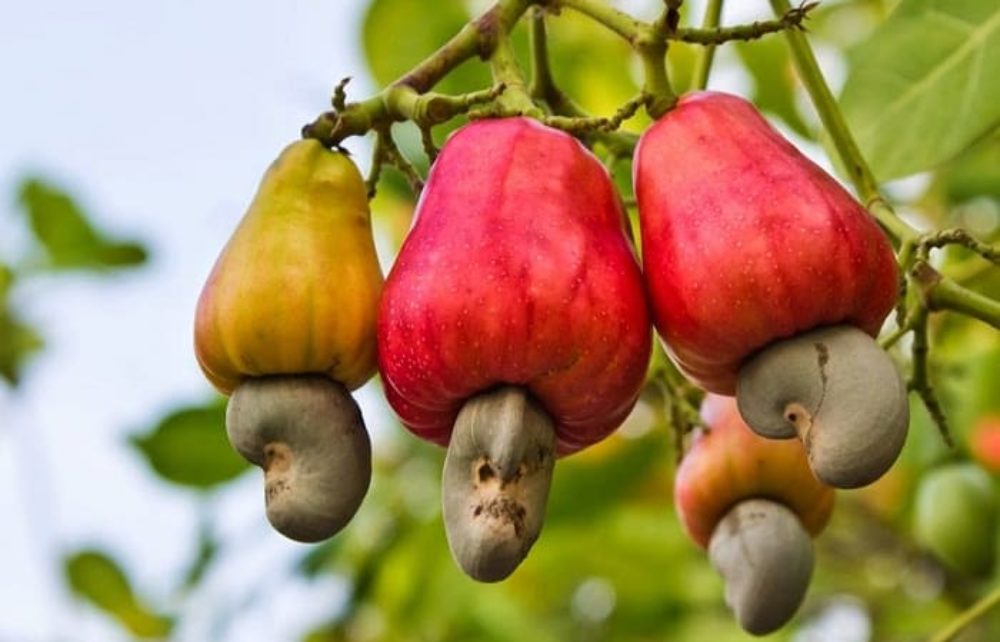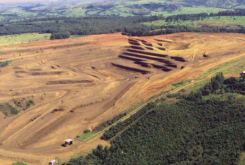Guinean Prime Minister Rui Duarte de Barros kicked off the annual cashew marketing campaign with an announcement that the country expects to produce 200,000 tons of cashew nuts this year.
Cashew nuts have been central to the economy of Guinea-Bissau since 1976, two years after the country gained independence. The crop currently accounts for 12.7 percent of GDP and is one of the main sources of tax revenue.
Recent years have been difficult for Guinea-Bissau as the Covid-19 pandemic, increased competition and price volatility led to shortfalls in sales. Of the 226,000 tons scheduled for export last year, for example, only 170,000 tons were shipped.
The government stipulates a fixed price for each kilogram of cashews, setting this year’s crop at less than 300 CFA francs (USD 0.49).
Upa Gomes, president of a growers union, said his organisation “is against the price set” by the government, saying such a low price will “not help combat the hunger” currently impacting the small scale farmers who grow the crop. Gomes called on the government to “reconsider its position” and set the price at 500 CFA francs (US$0.83) and up.
Most of the Guinean population, particularly those in rural areas, depend on cashew nuts for their subsistence and combating poverty. Much of the land previously dedicated to the national staple crop, rice, have been turned over to cashew production, contributing to food insecurity.
Guinea-Bissau Presidency hails China as “strategic partner” from infrastructure to food
Cashew prices in Guinea-Bissau have been stuck well below the international level largely because the country lacks the infrastructure to process the nuts locally, although agricultural reformation and diversification would also go a long way in stabilising the market.
“[We] have to truly think about a revolution in this sector,” the prime minister noted.




